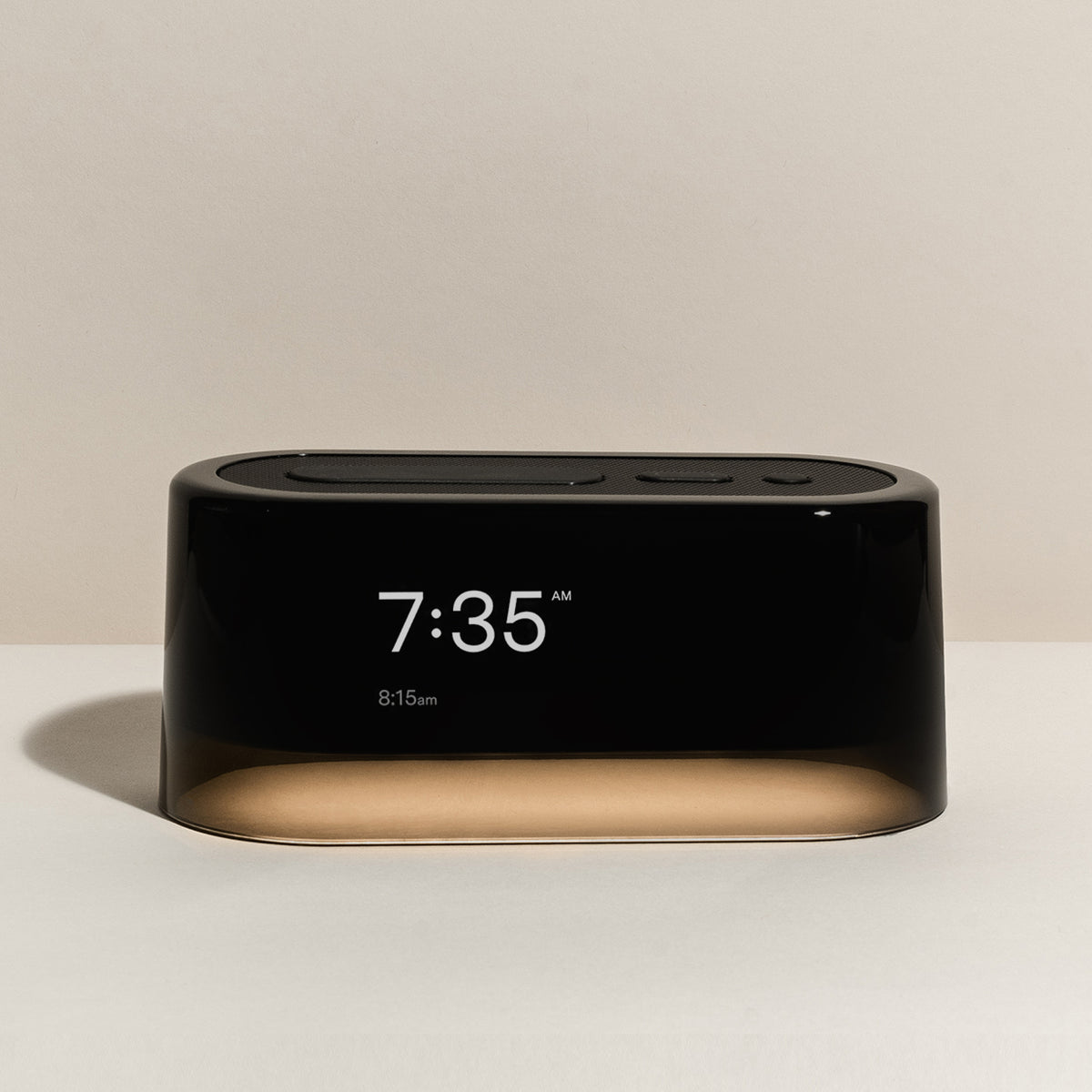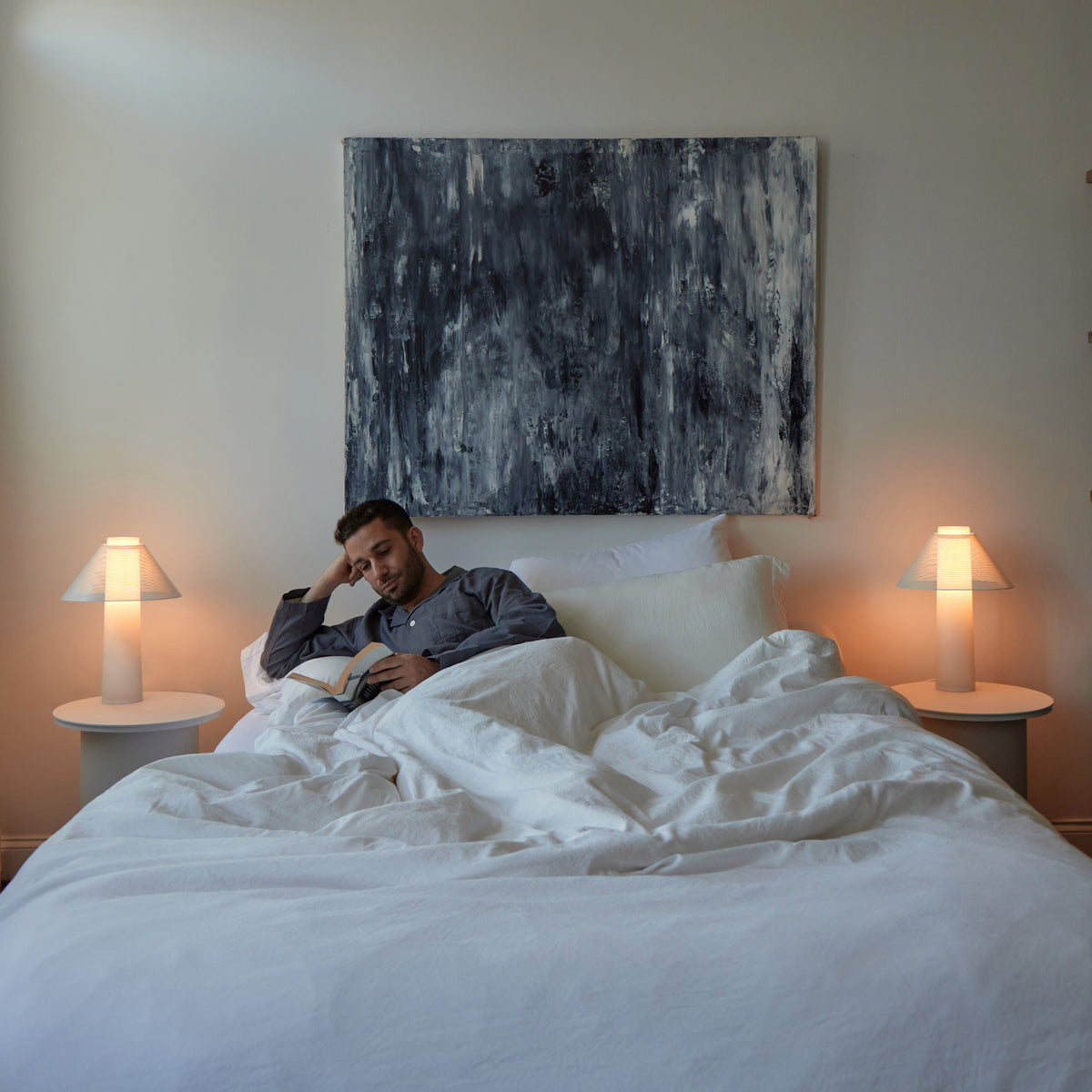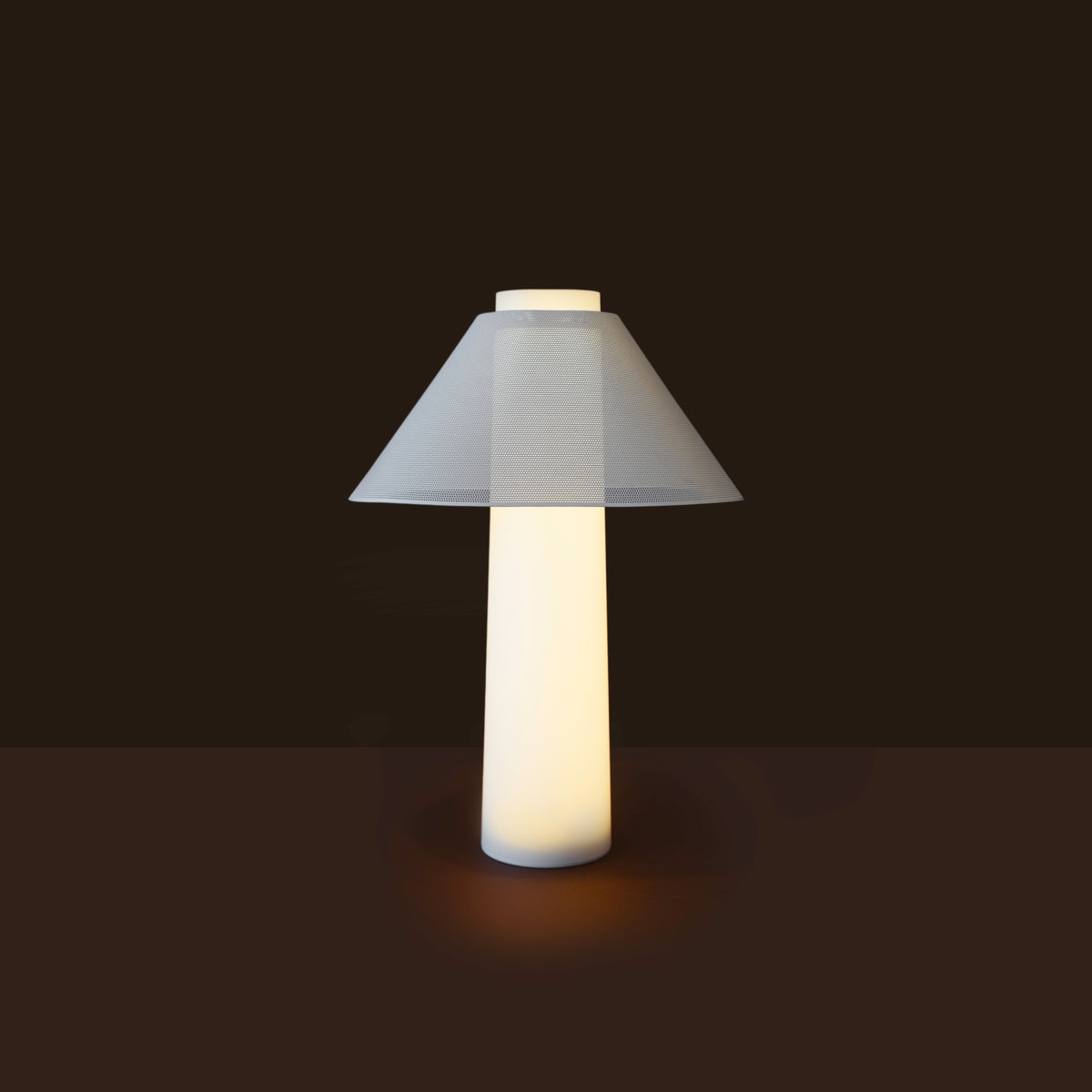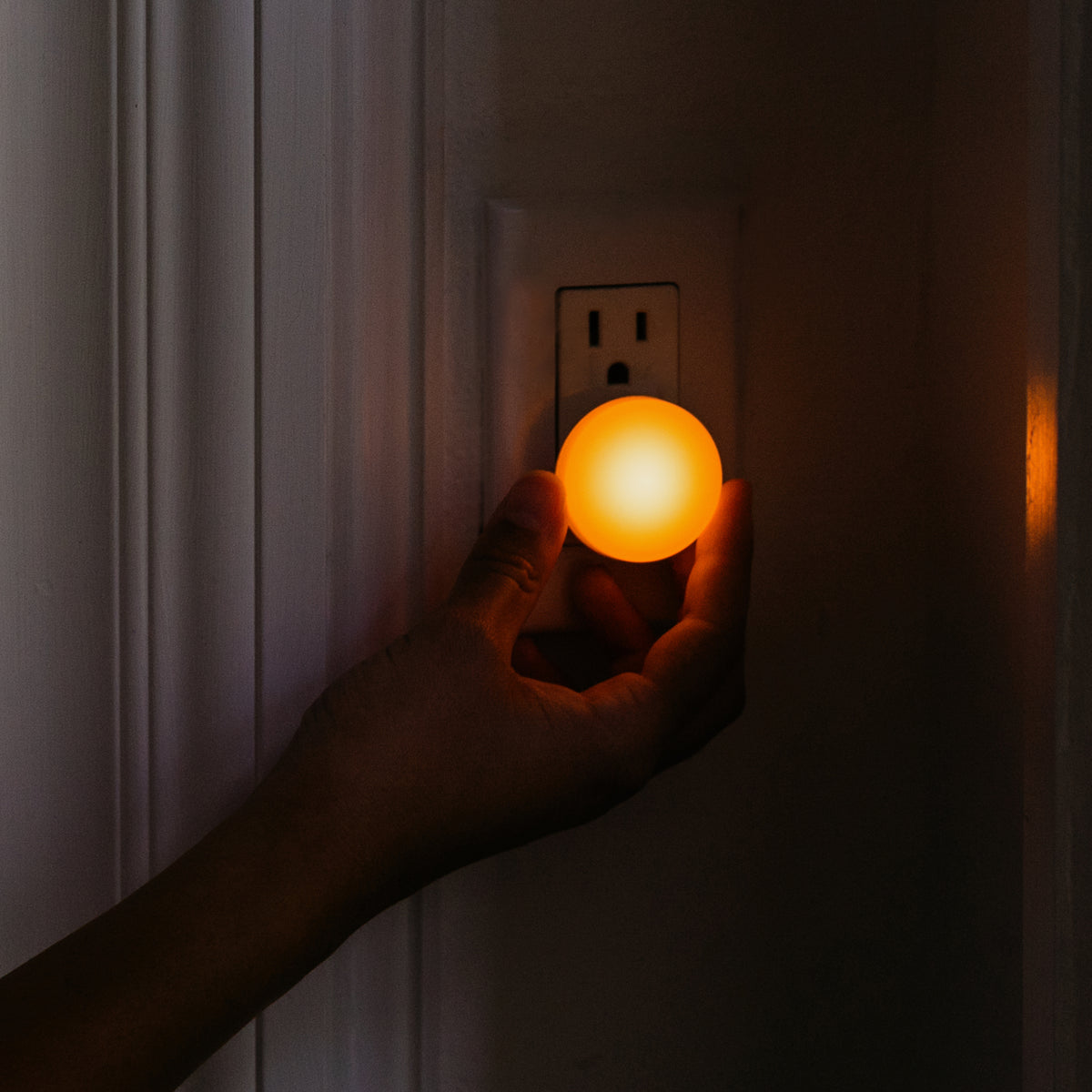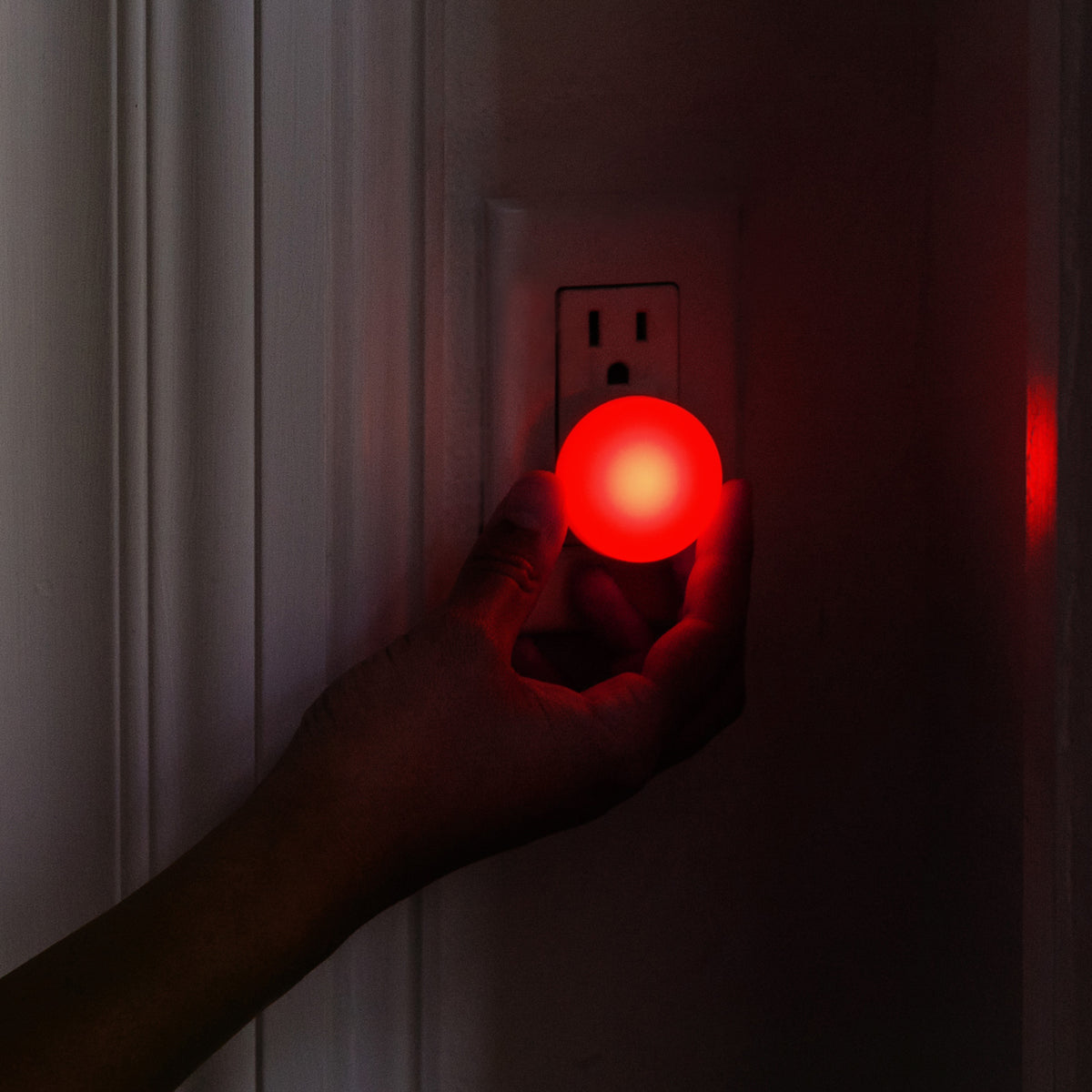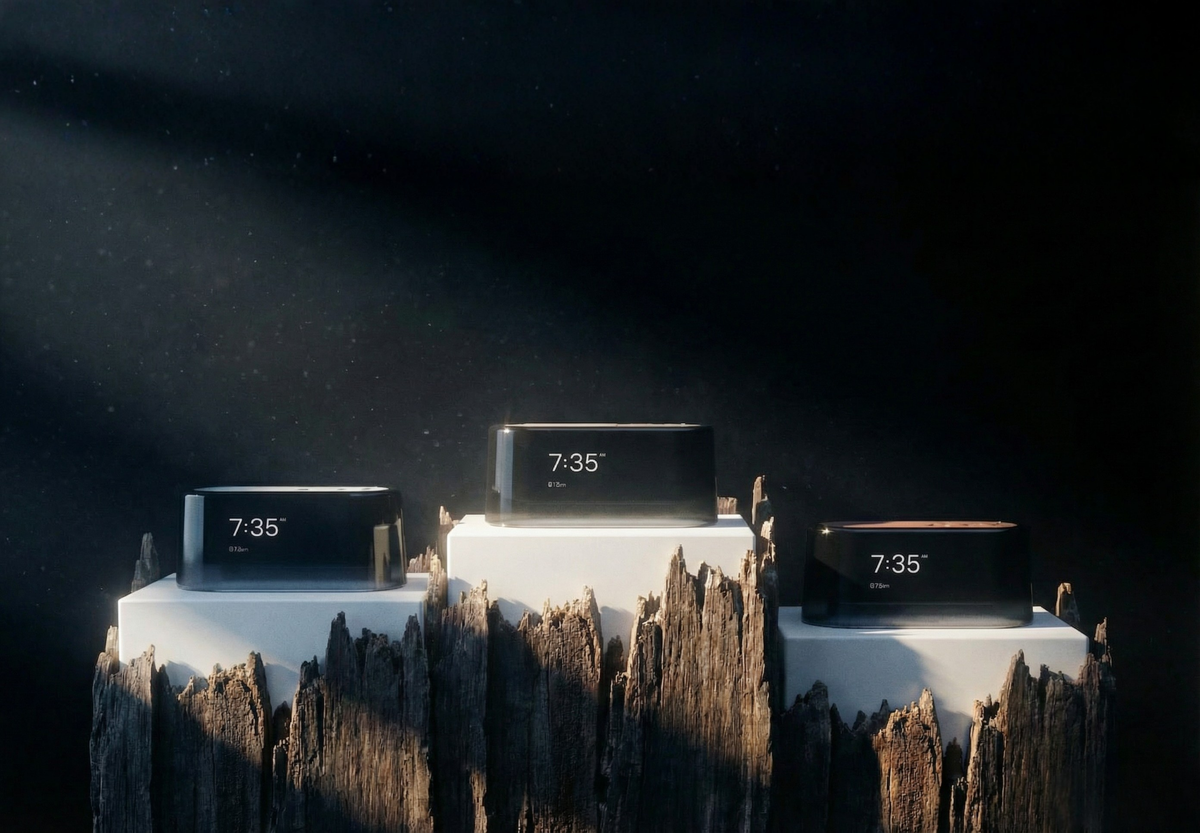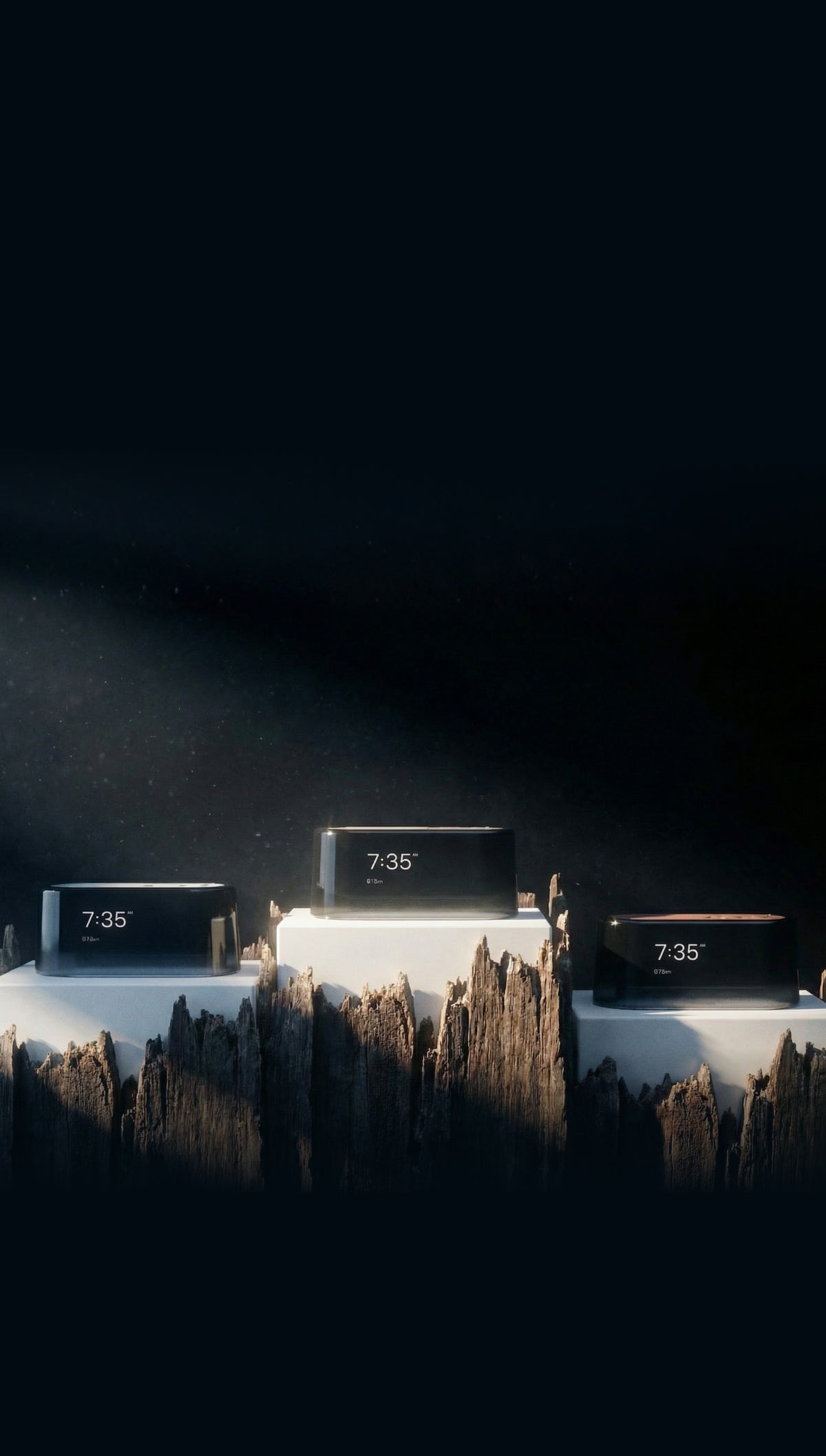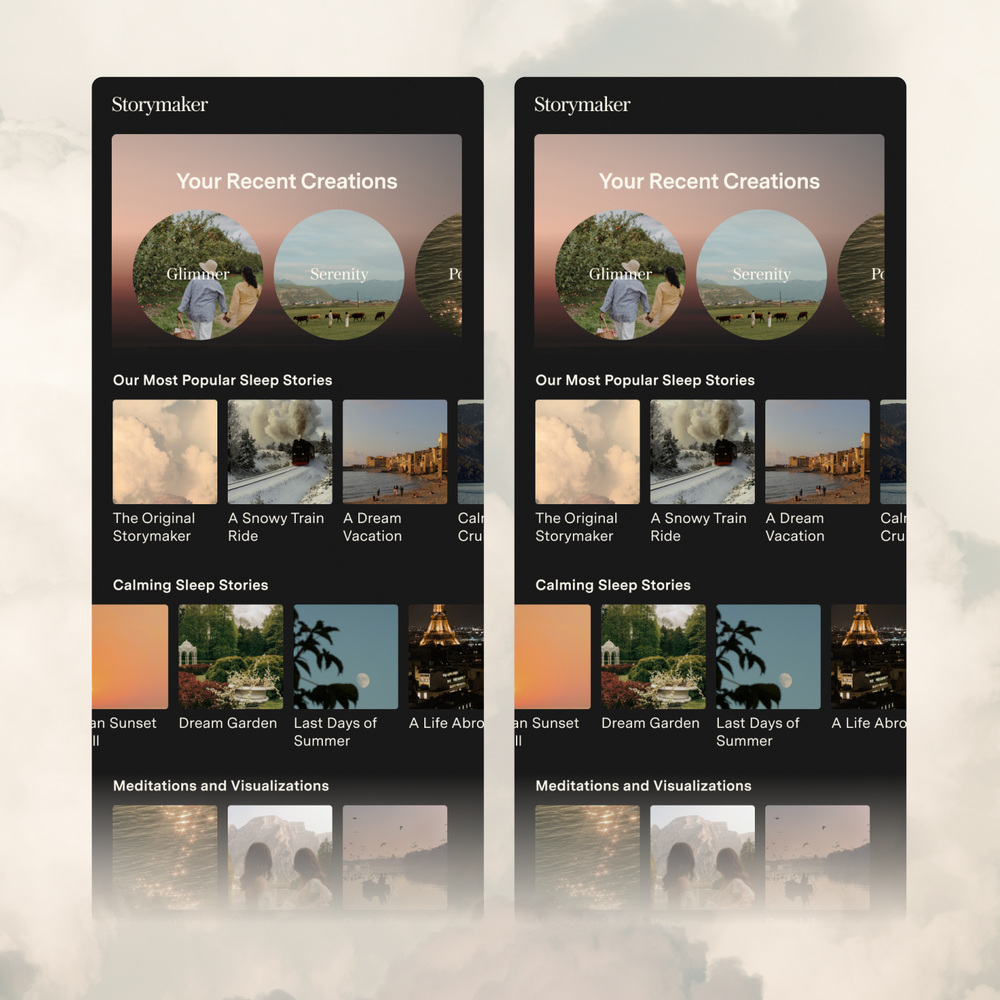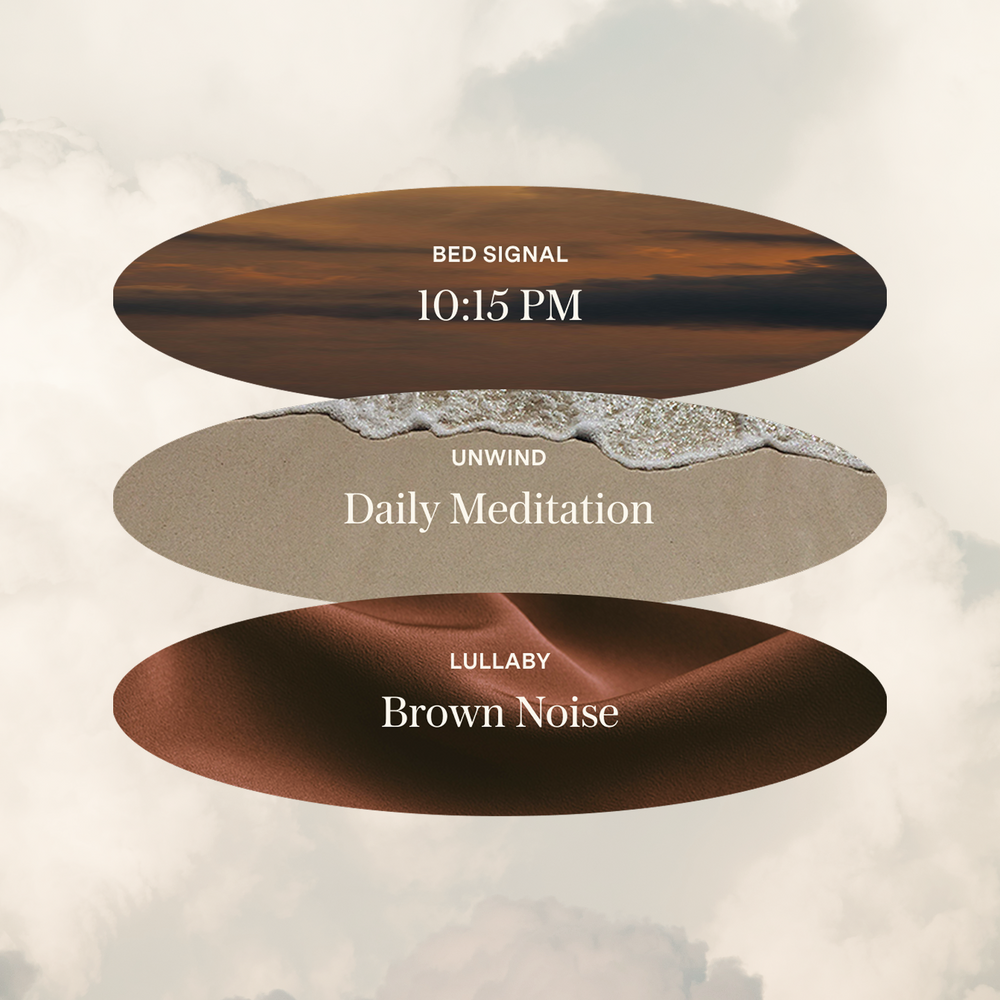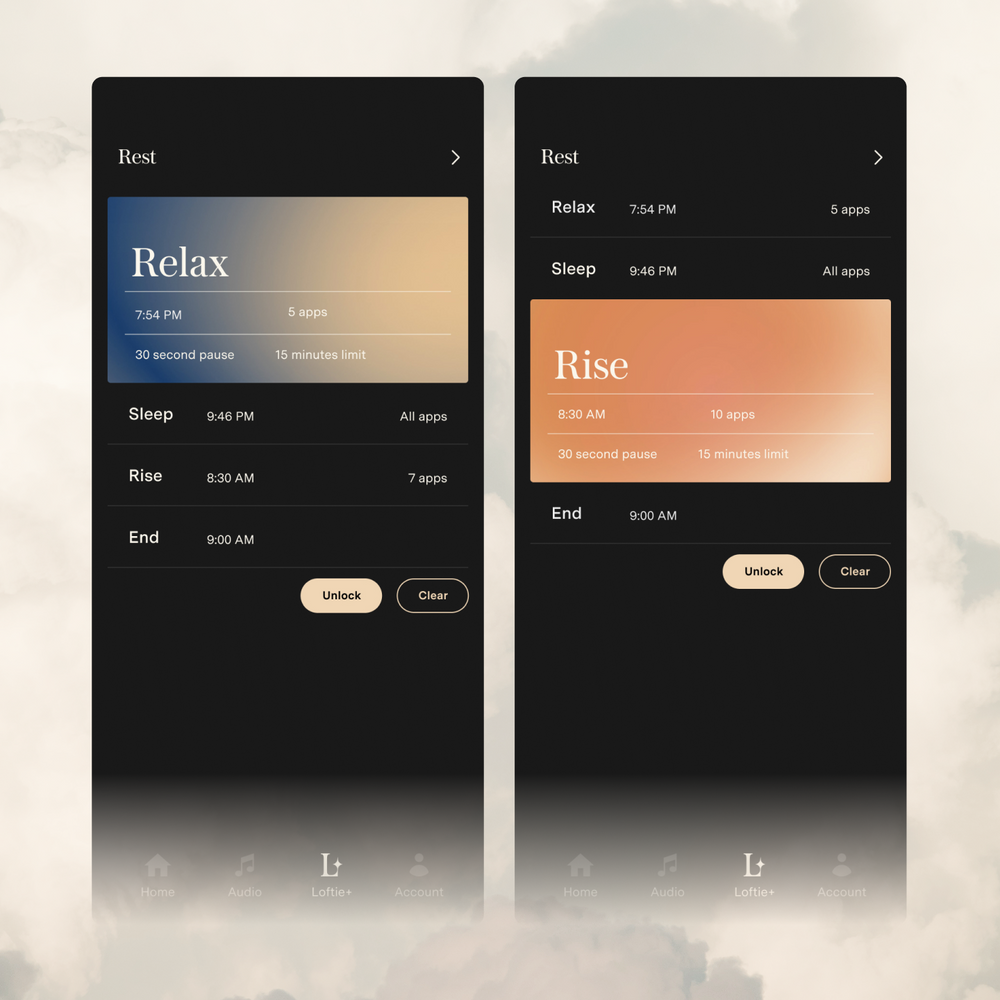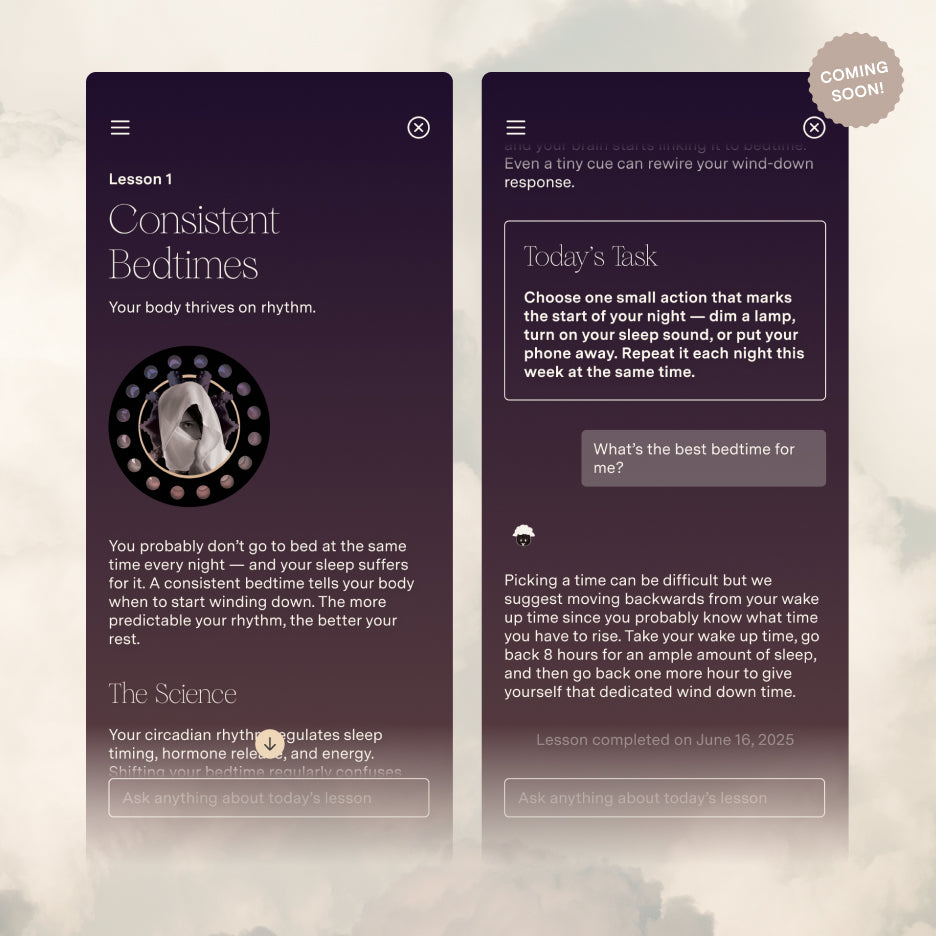What is Dumbwireless all about and why did you start the company?
Dumbwireless is about getting people off smartphones - more specifically, we try to ease the transition from smartphone to dumbphone so that as many people as possible make the switch. Back when we were both looking to ditch our iPhones, we found that our options were really spread out and that information online was slim and hard-won. Since then, Will has envisioned Dumbwireless as a "one-stop shop for the world's best non-smartphones," so that fewer people will be deterred by the frustration we experienced during our research. We've since expanded our offerings to compliment the low-tech lifestyle!
What changes have you noticed once you switched out the smartphone with ‘dumb’ tech? Do you feel like your social life has changed at all?
Reading is something I've always enjoyed and even kind of identified with, but for years my digital habits imposed on my ability to focus. Privately I feared my attention span was forever screwed, but since getting rid of the little computer in my pocket I've recovered my appetite for reading and other longform activities. It's corny but I feel more like myself. Socially not much has changed for me since going dumb, but I think that experience differs widely depending on how looped in any given person is used to being.
Who do you think can benefit the most from creating more space with smart tech?
Absolutely every demographic can benefit from less invasive tech that respects their humanity and their intelligence, but we think kids stand the most to gain. Not only are they the most chronically online (statistically), they are the most suggestible (psychologically). Trying to come into your own under expectations of constant consumption is no joke. As a late millennial and an early zoomer, we know this from experience. It's a serious threat to human development that requires serious attention, and we think reducing screentime - like, a lot - is a strong start.
How does technology play a role in your morning or evening routine? Have you noticed a change in your quality of sleep?
Admittedly, computer work plays a big role in our mornings (Will) and nights (Daisy), seeing as our online activity is house-bound - we try to do the things we can't while out and about during the day. Recently however, (since integrating the Loftie clock and lamp, actually) Will has been leaving his phone in the living room at night and has found this to be one less stressor in the way of sleep.
Why is Loftie a good fit for your collection/how does it support your mission?
Some people view the alarm on their smartphone as one of its many convenient features. But what do these conveniences cost us? And is it worth it? Loftie and Dumbwireless seem to agree that what smart tech demands of us - our constant attention, usually to the point of mental and physical unhealth - is too high a price. Humane tech is the only way forward, and that often involves reincorporating analog practices. We view Loftie's products as perfect examples of this balance: modern, mindful solutions designed with user well-being at the forefront.


